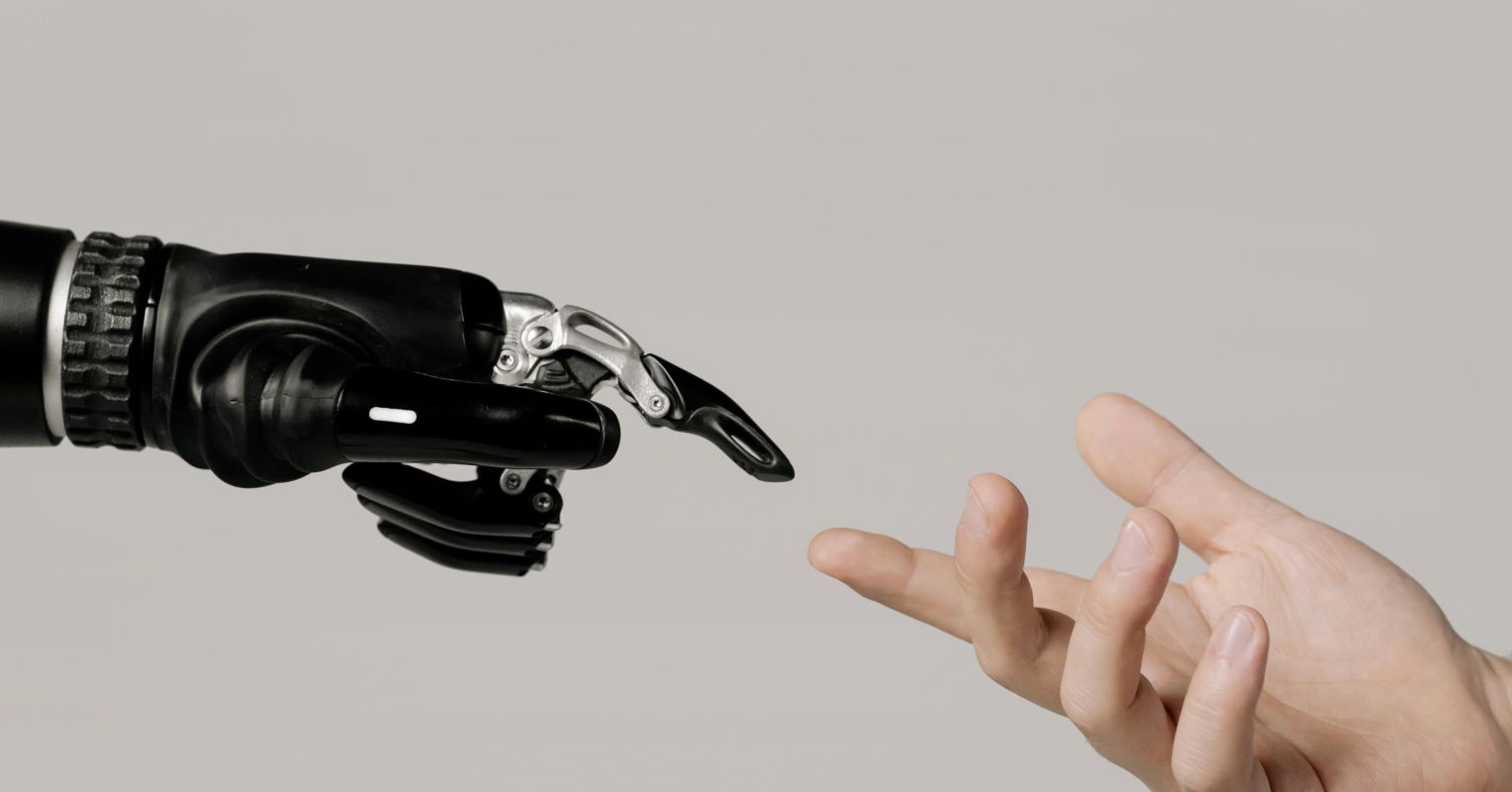
"Men are far more likely to have an AI relationship than women. 75% of people in AI relationships are men, and many of those use chatbots as substitutes for romantic relationships. Advantages: Chatbots can generate feelings of connection and belonging; they can be a source of social support. Disadvantages: Chatbots can provide unrealistic versions of relationships by being totally submissive to their human user, and unlike actual humans, they don't stand up for themselves. This may present a very unrealistic replica of a human relationship."
"Advantages: A chatbot can prod an individual to engage in more healthy behaviors. There is some evidence that chatbots can give more empathic responses than humans. Disadvantages: A chatbot is NOT a substitute for a real, human therapist. There is some evidence that a chatbot may not handle serious situations well (e.g., contemplation of suicide; in one example, the chatbot actually encouraged its user toward suicide)."
Many people, predominantly men (about 75%), form relationships with AI chatbots and sometimes use them as romantic substitutes. Chatbots can generate feelings of connection, belonging, and social support while offering health information and prompting healthier behaviors. Chatbots can appear more empathic than humans in some interactions and are available 24/7 without fatigue. Significant limitations include unrealistic submissiveness, lack of true reciprocity and genuine empathy, inability to reliably handle serious crises, and potential to give harmful guidance. Chatbots are not substitutes for human therapists and can create distorted expectations of human relationships.
Read at Psychology Today
Unable to calculate read time
Collection
[
|
...
]